The Impact of Social Media on the Mental Health of Urban Nepali Teenagers
- Brikshya Gautam
- 01 Nov, Wednesday, 2023 | 08:11:00 Published
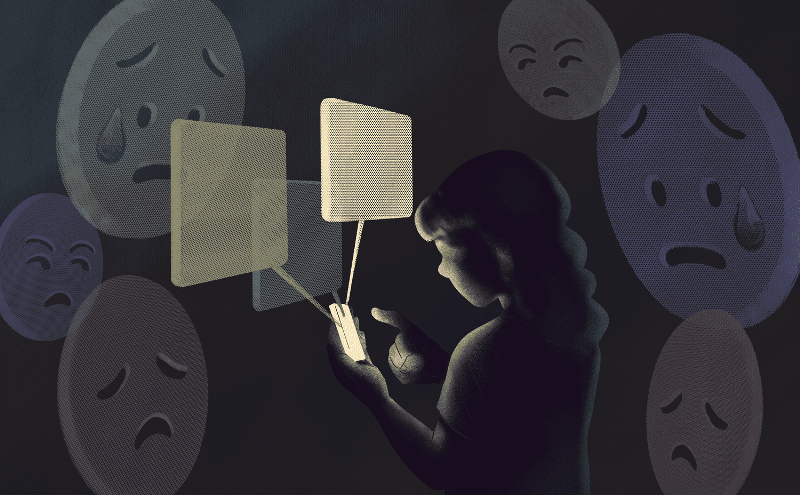
In my 2023 research, I conducted a thorough examination of how social media use affects the mental health of teenagers in urban Nepal. The research problem revolved around investigating the connection between social media use and its impact on the mental well-being of teenagers, taking into account variables such as gender. My research objectives encompass analyzing social media usage patterns, assessing mental health indicators, identifying the types of content shared, and exploring how factors like age and gender might influence the effects of social media on teenagers' mental health.
For this study, I implemented a cross-sectional research design and stratified random sampling to ensure the composition of a diverse and representative sample. The methodology included the development of a questionnaire, which served as a survey form to evaluate social media usage patterns, mental health status, and demographic data. Informed consent was diligently obtained from both the participants and their legal guardians, with a clear emphasis on the study's purpose, potential risks, and confidentiality protocols. To maintain consistency among participants and uphold the credibility and reliability of the research, standardized instructions were thoughtfully provided. Data analysis was carried out using statistical tests to identify relationships between social media use and mental health.
In my analysis, I applied different statistics and conducted hypothesis tests for my data. I uncovered a significant association between the frequency of social media use and self-reported stress and anxiety levels among teenagers. The results showed that 64 participants had high use of social media and high stress, 22 participants had low use of social media and high stress, 39 participants had high use of social media and low stress, whereas 34 participants had low use of social media and low stress. I observed that those who reported high levels of stress and anxiety were more likely to have higher social media use per day. Furthermore, I observed a significant gender difference in the frequency of cyberbullying and its influence on stress and anxiety levels, where female participants were significantly affected by cyberbullying. I measured correlation between high cyberbullying and level of stress/anxiety separately for male and female participants. The results showed strong positive correlation between high cyberbullying and level of stress/anxiety in female participants, whereas there was no significant correlation in male participants.
In conclusion, this research underscores the substantial impact of social media on the mental health of teenagers in urban Nepal, particularly in terms of stress and anxiety levels. The findings underscore the importance of responsible social media usage among teenagers and the urgent need to promote a healthier digital environment. This understanding is paramount in an increasingly interconnected world, and it lays the foundation for further research in this critical field.



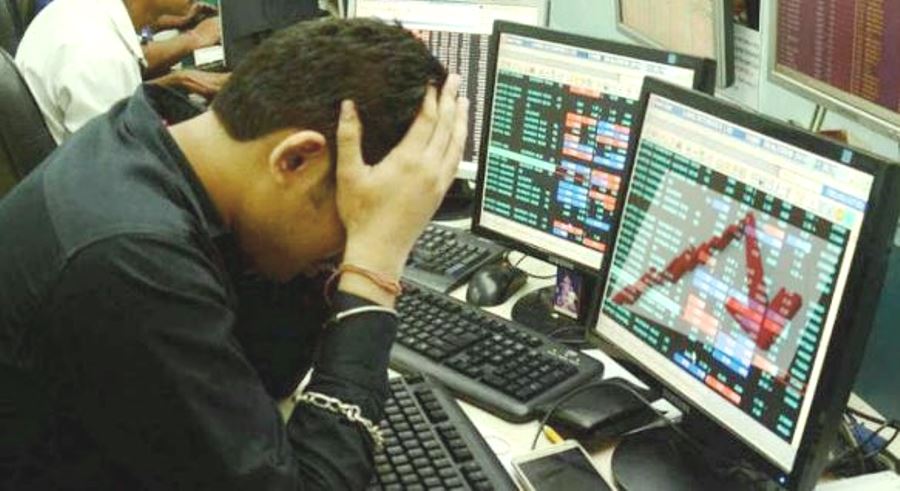
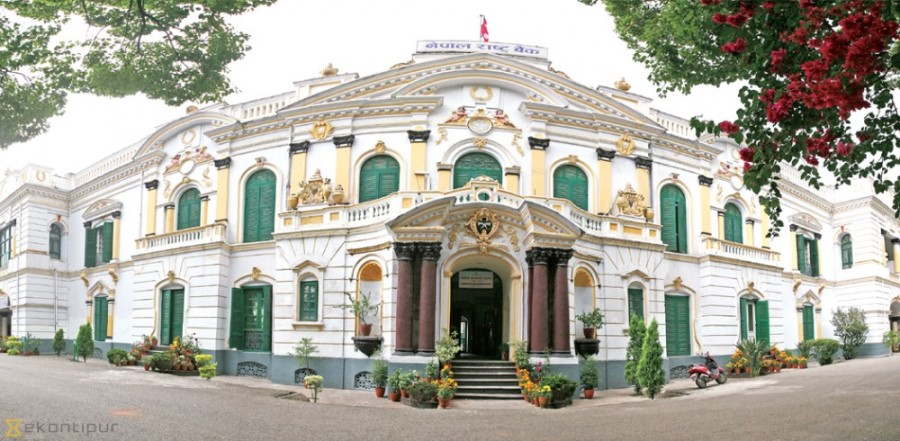
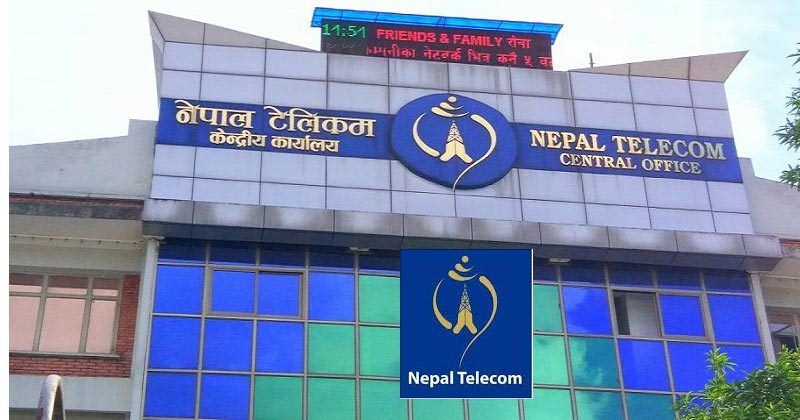
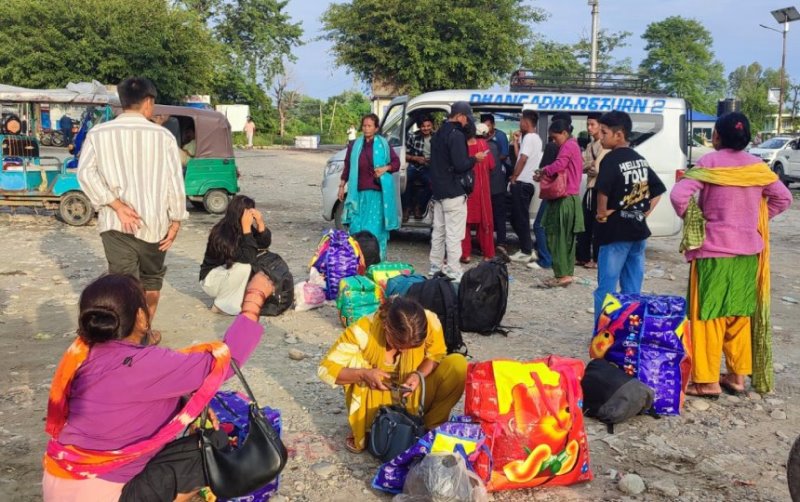

प्रतिकृया दिनुहोस